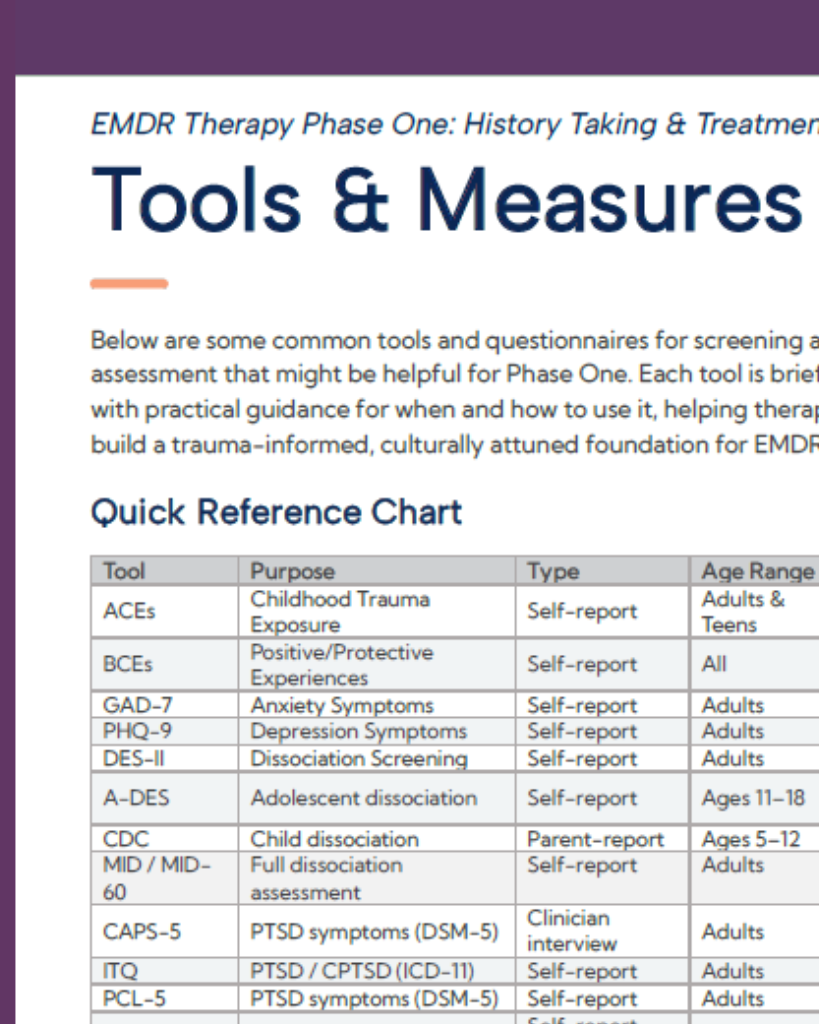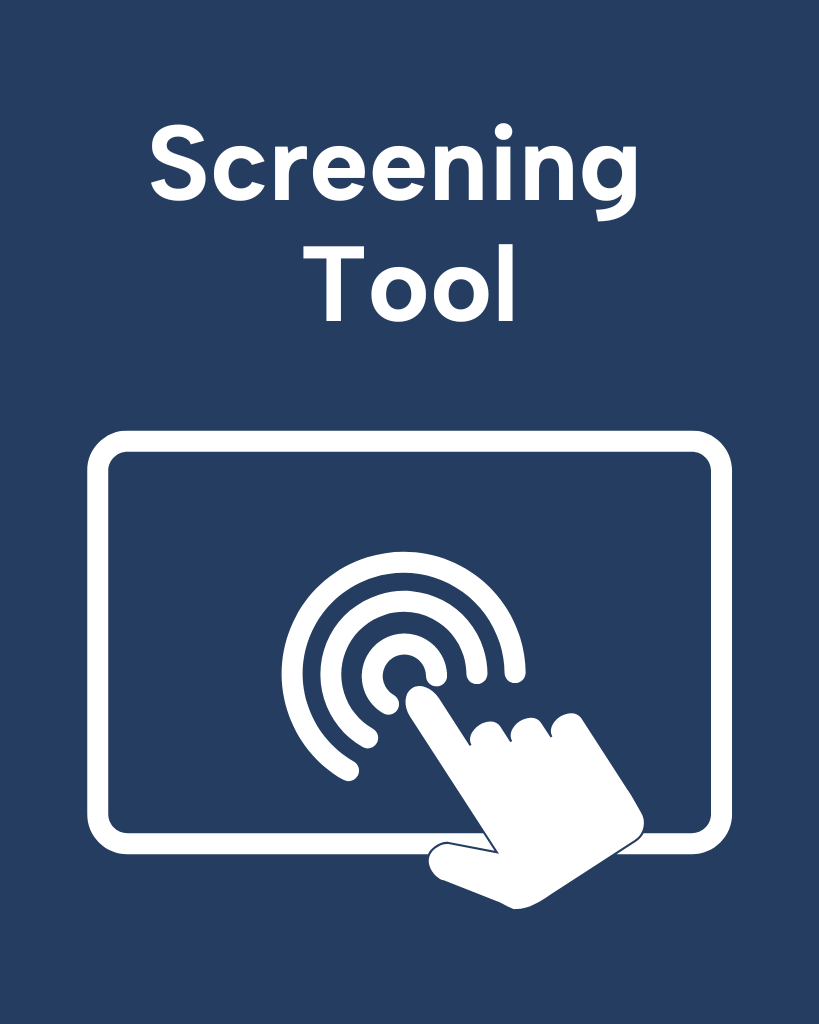Measuring dissociative symptoms and experiences in an Australian college sample using a short version of the Multidimensional Inventory of Dissociation
Using university students and staff, this paper investigated a 60-item version of the Multidimensional Inventory of Dissociation (MID).
Resource Abstract
“This paper investigated a 60-item version of the Multidimensional Inventory of Dissociation (MID) with the potential to capture the full range of dissociative symptoms that characterize each of the dissociative disorders (DD). The 28-item Dissociative Experiences Scale (DES) was designed to capture a wide range of dissociative phenomena, but college population studies indicate it may not be adept at identifying the full range of dissociative symptoms and disorders. The 218-item MID has the advantage of capturing the full range of dissociative symptoms and has diagnostic capabilities for all DSM-5 DD, but the disadvantage of taking considerably longer than the DES to complete. Using university students and staff (N = 313), this paper investigated a 60-item version of the MID with the potential to capture the full range of dissociative symptoms that characterize each of the DD. Results indicate the MID-60 has a nearly identical factor structure to the full MID, excellent internal reliability, and content and convergent validity. Using the MID-60, at least 8% of participants at an Australian university were positive for a DD and, on average, participants self-reported having dissociative experiences 13% of the time. The present study’s findings suggest the MID-60 is a promising alternative to the DES, with results about the prevalence of DDs and dissociative experiences consistent with those found using clinical interviews and the DES.”
—Description from publisher
Resource Access
Purchase/Subscription Required
Kate, M. A., Jamieson, G., Dorahy, M. J., & Middleton, W. (2021). Measuring dissociative symptoms and experiences in an Australian college sample using a short version of the Multidimensional Inventory of Dissociation. Journal of Trauma & Dissociation, 22(3), 265–287. https://doi.org/10.1080/15299732.2020.1792024
Date
August 13, 2020
Creator(s)
Mary-Anne Kate, Graham Jamieson, Martin J. Dorahy
Contributor(s)
Warwick Middleton
Topics
Dissociation
Practice & Methods
College
Extent
23 pages
Publisher
Taylor & Francis
APA Citation
Kate, M. A., Jamieson, G., Dorahy, M. J., & Middleton, W. (2021). Measuring dissociative symptoms and experiences in an Australian college sample using a short version of the Multidimensional Inventory of Dissociation. Journal of Trauma & Dissociation, 22(3), 265–287. https://doi.org/10.1080/15299732.2020.1792024
Audience
Other Mental Health Professionals
Language
English
Content Type
Article, Peer-Reviewed
Access Type
External Resource





